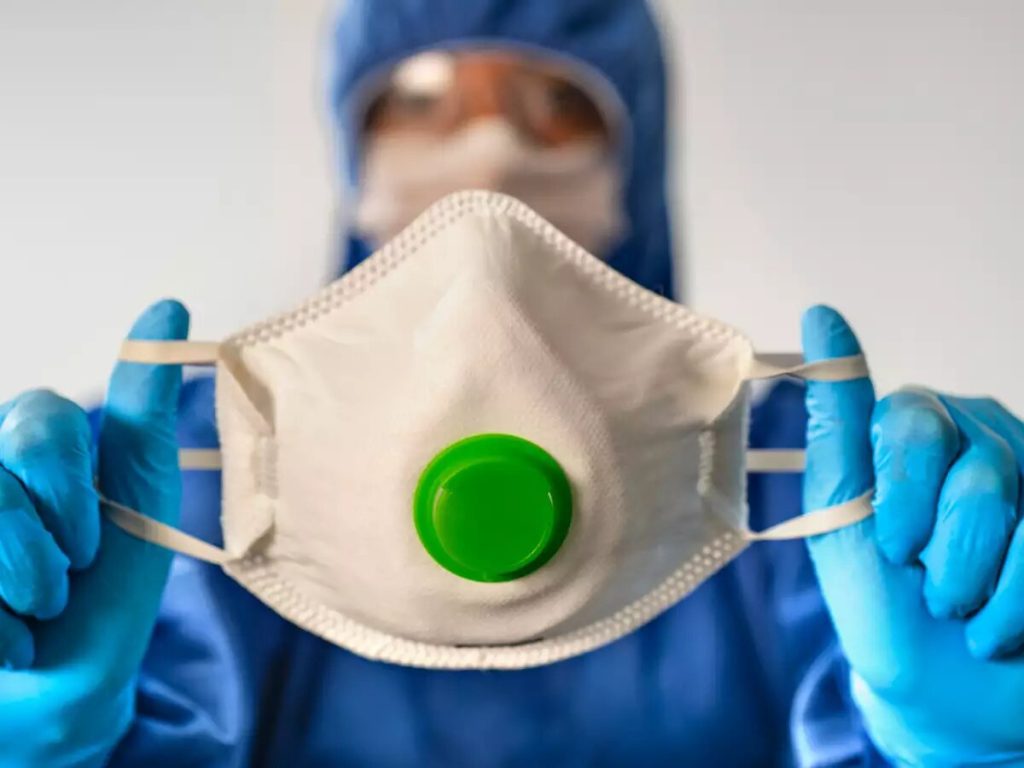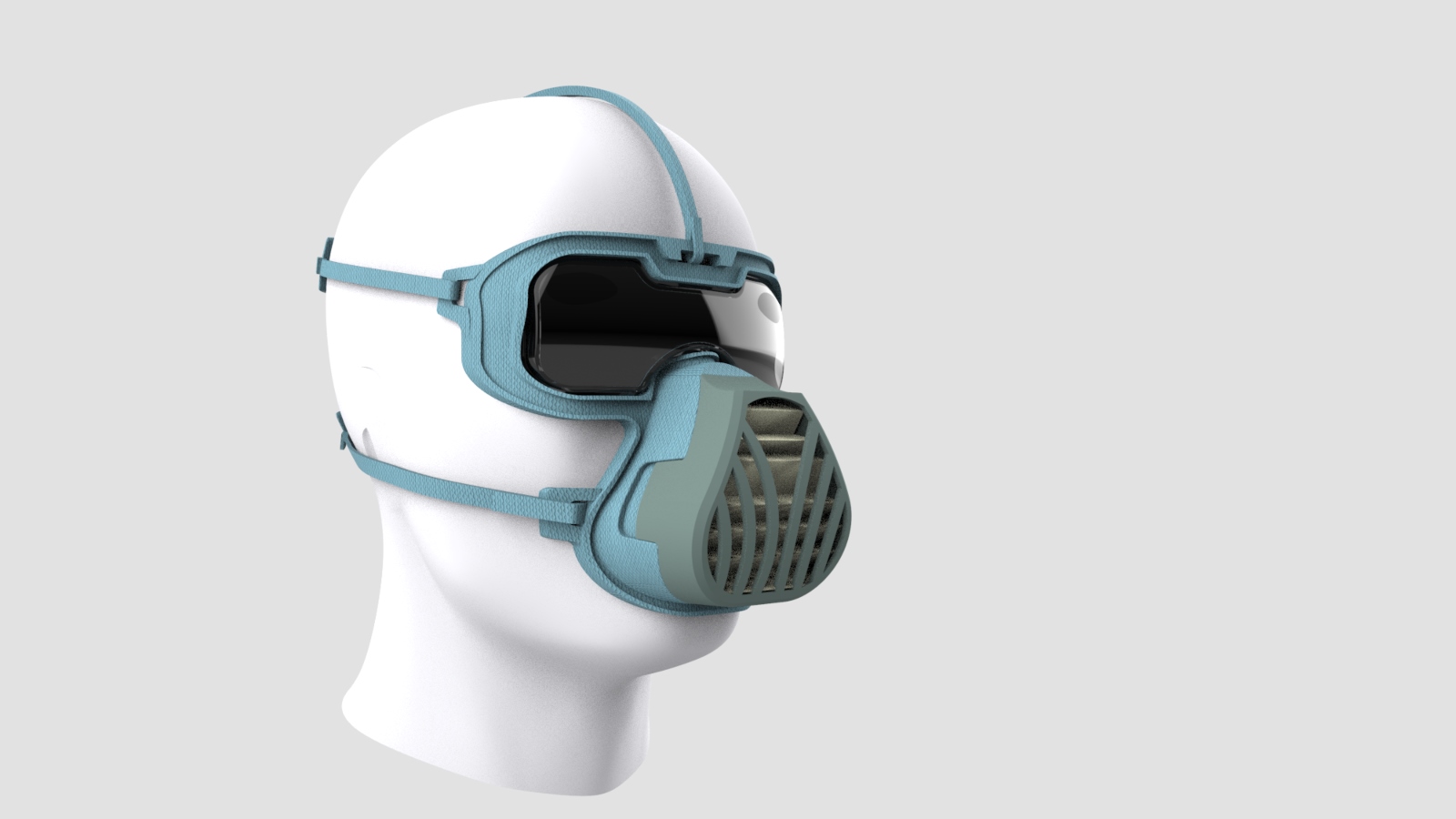Traditional face masks, including N95s and KN95s, offer protection against illness and infection but must be disposed of once they come in contact with viruses, thus generating significant plastic waste. So now, researchers have developed a simple method that would give N95 face masks antiviral and antibacterial properties, which could allow them to be worn for longer durations.
Traditional Facemasks And Their Weaknesses
As highlighted during the COVID-19 pandemic, face masks lower the risk of viral infection by reducing the spread of respiratory droplets. However, traditional masks — including N95s — are not able to deactivate viruses on contact. The risk of contamination increases with wear time, and healthcare workers are advised to dispose of face masks after patient exposure. This may lead to mask shortages and generate significant plastic waste.
New Development

However, researchers at Rensselaer Polytechnic Institute (RPI) in New York found that incorporating materials with antiviral properties into face masks improved their ability to protect against infection while also prolonging wear time and thus reducing plastic waste.
How The N95 Face Mask Was Modified?
Prior research has created face masks with antiviral activity by incorporating metal nanomaterials capable of deactivating viruses. However, researchers were concerned that metal nanomaterials could detach from the mask filter and be inhaled, causing toxicity. So in new development Polycations — long-chain molecules with a net positive charge —are used instead of metal nanomaterials to endow surfaces with antiviral activity.
Dr. Helen Zha, assistant professor of chemical and biological engineering at Rensselaer, and her team applied a quaternary ammonium polymer (a polycation) to polypropylene fiber surfaces.
Antibacterial And Antiviral Activity
The researchers found that the polymer-coated polypropylene could deactivate several lipid-enveloped viruses upon contract. The antiviral activity of polymer-coated polypropylene was tested using different viruses. These included a mouse coronavirus similar to the human coronavirus SARS-CoV-2, a human coronavirus.
Filtration Efficiency
The researchers noted that the filtration efficiency of the N95 filter somehow decreases after the application of the antimicrobial polymer coating.
However, this issue can be resolved by wearing an unaltered N95 mask under the polymer-coated mask, or in the future, mask manufacturers could use antimicrobial polymer in the exterior layer of the N95 mask.





